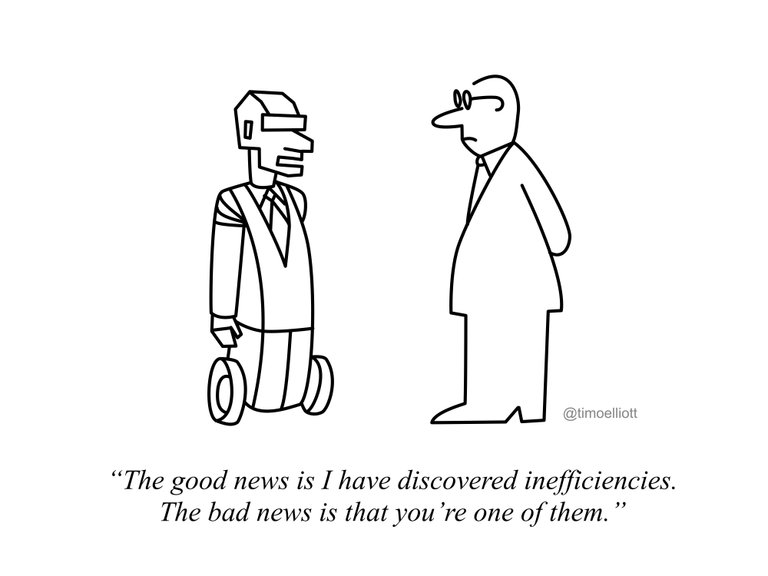In Dr. Trost's talk about Universal Basic income, he took a realistic approach to a topic that seems unrealistic. He tackled many of the concerns I had when first researching the topic. One of which was the concern of the government not being able to afford it. However, with the proposal that the government cut its spending on other things, it might be possible. For example, cutting back the payment to public schools to help provide universal basic income would immensely help those funds. Another aspect of his plan for universal basic income that I thought was very insightful was the plan to have the same dividend being paid regardless of geography. It would help depopulate the more populated areas like New York City and Los Angeles and populate the less populated areas. Not only does this provide a feasible way to execute universal basic income, but it also provides a solution to the problem many U.S. citizens have with overpopulation. An example Dr. Trost gave of Alaskans and the dividend they receive. After researching, I found that on average "... Alaskans spent 28% of the dividend on non-durable items and services within three months of receiving the check." (Kueng) This attests to the incredible potential universal basic income has to be successful. Although many of these concerns I had were addressed, I still wonder how this will be enough to sustain people who are unemployed. Dr. Trost mentioned that each citizen would receive $9,000 a year, but the average American spends $60,060 a year. A reason for increasing focus on universal basic income is because of the possibility of people losing jobs due to artificial intelligence. These unemployed people citizens who would potentially receive this profit of $9,000 would only be able to cover about a month's worth of expenses. Additionally, Dr. Trost mentioned the added incentive for people in poorer areas in large cities to move to less populated but nicer areas and attend the schools there. However, the staff at those poorer schools will lose their jobs with the mass movement to nicer cities. The poorer schools could potentially close down and the nicer schools that are filled with more students might not have the resources to provide for the influx. Privatizing schools could also decrease the number of children that attend schools because their families cannot support to send them there, therefore damaging our nation because of the decrease of citizens with education. Dr. Trost made strong points in his argument for universal basic income, but there are still things that should be considered before becoming hopeful.

Image Source